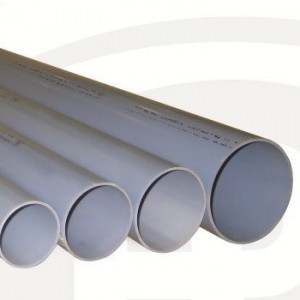| Pishgam Plast Ahvaz |

| No Title | 0.05 MB |
| Registration Date | 13 Nov 2020 |
| Revision Date | 13 Nov 2020 |
| Share |
Construction Structural Materials
Sewage pipeContains nanoparticles Proper strength Significant flexibility Resistant to corrosion and chemicals
Polymers are used in a variety of industries such as packaging, kitchen appliances, manufacturing of pipes and fittings, wires and cables, and home appliances and automobile parts, and are commonly referred to as plastics. Polyvinyl chloride (PVC) is one of the most widely used plastics in construction, which has applications such as pipes, door and window profiles, water pipes, and fittings. PVC is produced in two different forms including hard (Unplasticized, UPVC) and soft (Plasticized PVC, Soft PVC). UPVC has a high impact resistance that in addition to the construction of doors and windows on the outer wall of the building is also used in the construction of pipes. Additionally, they are used in order to improve the properties of polymers, lubricants, stabilizers, and fillers. Among these, fillers are used to improve properties such as tensile strength, hardness, and rigidity. Carbonates, clays, silicates, and talc are common fillers. As sewage pipes require high strength, it is important to use the right additives. Today, due to the high specific surface area in the production proces, nanometer additives are used in order to further increase the properties of polymer pipes such as shear strength, impact resistance, hardness, and flexibility. The presence of nanoparticles in the production of pipes also increases the resistance to the chemical environment.